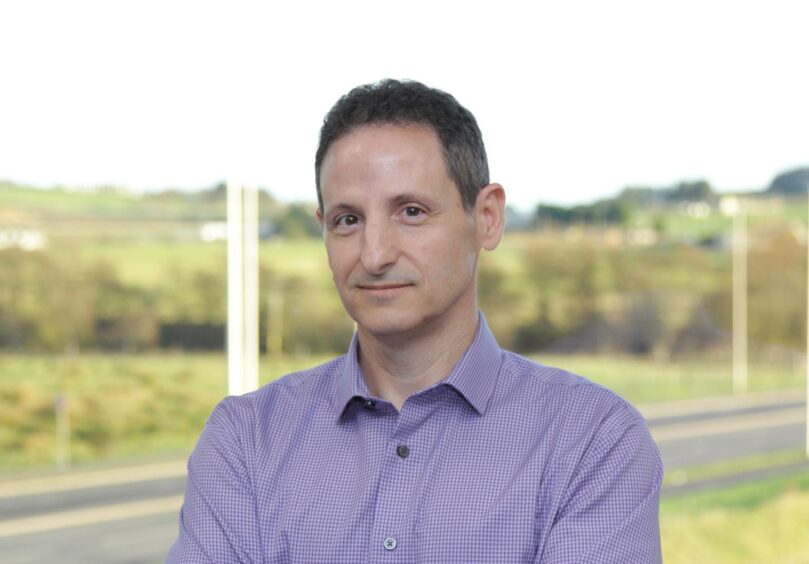
If you work in the oil industry this feels like the mandatory, apologetic disclaimer required before being allowed to weigh-in on the energy transition nowadays.
I am not sure how we have got here, but our journey into a new world of renewables has increasingly become polarised between those working in the now – bringing us the energy, heat, light and many other essentials critical to our very existence and those, equally importantly, looking out to the good of our future generations with an eye on a cleaner, more sustainable planet.
Shouldn’t these groups be mutually inclusive of each other? This polarisation is almost amusingly on display as many energy companies stumble over their own messaging to walk the line of transition to renewable products while touting and advertising their oil futures. One cannot get there without the other. Energy companies can and should unconditionally do both.
Sustainability is defined as the concept of “meeting the needs of the present without compromising the ability of future generations to meet their own needs.” This equation is complex beyond what some may “want” now over what is needed to endure as a global family. The word “need” holds a lot of weight in this definition. The idea that the need of the present must be met without compromising the ability of future generations to meet their own need, is salient.
It would be an easy assertion to state that almost 90% of the manmade items around you are made from fossil fuels; your pen, your phone, your high-quality outdoor sportswear keeping you warm, are all made from petroleum products giving you shelter, energy, heat, food – essentially, life. Petroleum products are critical to life on our planet and our future existence as we know it in the needs of the present. We absolutely cannot meet the wants for the most hardline renewable goals in a sustainable manner without fossil fuels getting us there.
The most recent EIA report stated that production could double in the next 30 years at a cost to climate goals, has caused much consternation. This forecast is pragmatic. Petroleum engineers understand the concept of decline curve analysis. Exponentially, more production is needed in declining reservoirs to maintain the growing populations status quo. In turn, this fuels our future goals of renewables if we want to preserve life on the planet responsibly. Higher oil production numbers in themselves should not be feared and understood as horses for transportation and manufacturing were needed to sustain the transition to automobiles and as silviculture and arboriculture is to timber sustainability. The EIA reports that by 2050 in most net zero scenarios currently available, fossil fuels will still be the number one contributor to the planet’s energy needs with a best-case scenario of renewables close behind. We cannot get to where we want without it.
It is a fact that even if the wealthy countries in the OECD could responsibly afford the exorbitant investment and resulting dissociation of other parts of their economies to meet all their needs through renewables alone, the other countries in the developing world will not endure to a net carbon future without fossil fuel.
The recent delay of the Cambo project should not be seen as a triumph for a greener, renewable future. Rather, it’s a potential loss of one more building block to help us get there quicker as well as meet the needs of the present in preventing loss of jobs, economic comfort and the demand for readily available energy for the UK. It may even impact the ability to drive sustainability and ease the transition to a low carbon future, as well as the social responsibility to meet our own current economic and energy needs in the near-term. Even if the UK can survive the loss to the economy and absorb the increased cost of current renewables that replace it, non-developed countries cannot. They will not meet their basic survival needs today without such projects to live to see a green tomorrow. Our want for our future here regionally should not be at the cost of our global neighbor’s needs to sustain now.
A pragmatic and well-planned transition should not only involve continued production of fossil fuels in step with renewable goals, but it is also essential they do so.
Sustainability should not be driven by what a few want, but rather what we all need.
“I am Brad and I proudly work in the oil industry, and I also absolutely support the transition to a more renewably energy future for generations to come.”
Recommended for you
